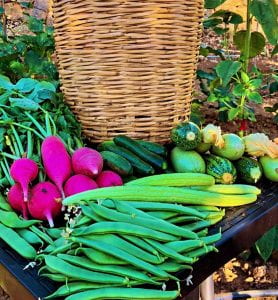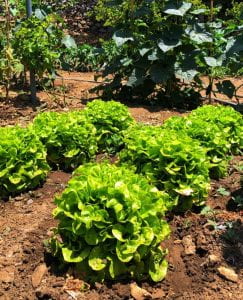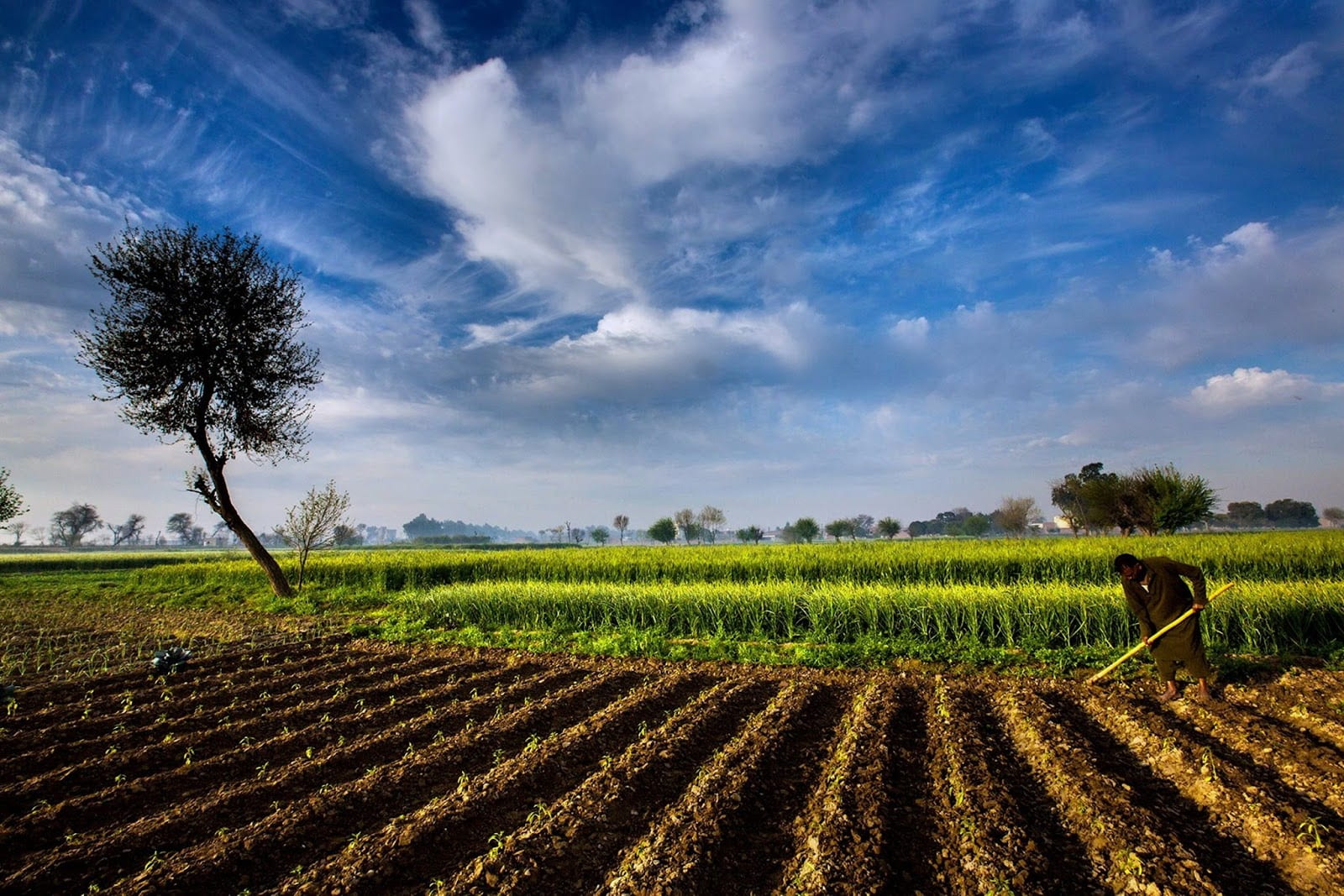A world where economic diversification is often seen as the path to financial stability, Lebanon stands out as a nation that has primarily relied on non-agricultural sectors for its economic sustenance. Despite its rich agricultural potential, the country has chosen to prioritize other industries. As Lebanon grapples with a severe economic crisis, it’s crucial to examine the consequences of this strategy and consider whether a renewed focus on agriculture could offer a more resilient path forward.
The main problem Lebanon is currently facing!
- Lebanon is currently not placing sufficient emphasis on the agriculture and aquaculture sectors as potential revenue sources.
- This neglect comes at a time of economic hardship, marked by a consistent decline in GDP over the years.
Problem Evidence:
- Despite the presence of fertile land for agriculture and planting, there is a notable absence of qualified and active employees in this sector, as evidenced by the consistent decline in the percentage of the workforce engaged in agriculture over the years. (the percentage decreases from 5.3%in 2000 to 3.8% in 2021 low percentage of the total employment)
- the contributions of forestry and aquaculture to the GDP have been on a continuous decline. (The percentage decreased from 6.3% in 2000 to 1.4% in 2021, indicating a relatively low contribution)
- Lebanon’s GDP growth has been consistently decreasing over the years, reaching a troubling -7% in 2021.
Potential solutions
- Placing greater emphasis on the agriculture and aquaculture sectors by providing support to local farmers and expanding cultivation areas to meet domestic demands while also generating surplus for export.
- Additionally, increasing the number of professionals in this field can be achieved by encouraging universities to prioritize agriculture-related majors and motivating students to pursue studies in this area.
This will result in:
- Increased revenue generation and improvements in Lebanon’s GDP after expanding cultivation areas and supporting the agriculture and aquaculture sectors.
Real life success story:
In the summer of 2023, two Lebanese citizens seized the opportunity to cultivate a green, organic farm in the fertile lands of southern Lebanon. Taking advantage of the region’s fertile soil, expansive agricultural land, and favorable weather conditions, they cultivated a variety of fruits and vegetables.
With an initial investment of $1,500, they managed to yield a net profit of $5,000 in just four months. This success story highlights the untapped potential of agriculture and organic farming in Lebanon.
The successful cultivation they were able to get!!!



This solution is validated by the real case example presented at the beginning:
Based on the real-life example, if Lebanon gave more importance to the agriculture sector, this would lead to an increase in domestic production. This, in turn, could serve as a partial solution to the economic and financial crisis the country is facing. Moreover, it would also create more employment opportunities for Lebanese citizens, thereby contributing to a more sustainable and diversified economy. Emphasizing the agriculture sector can play a vital role in bolstering the nation’s economic stability and reducing its reliance on other sectors.
finally, emphasizing agriculture in Lebanon as a means of economic revitalization directly supports SDG 8’s objectives by creating decent work, fostering sustainable economic growth, promoting economic diversification, and facilitating skills development in the agricultural sector.

0 Comments